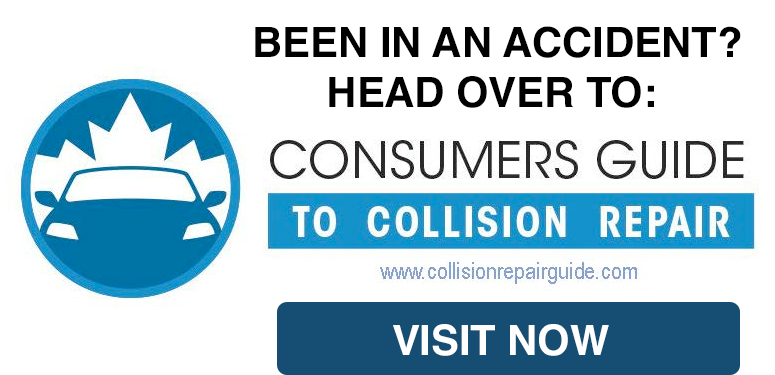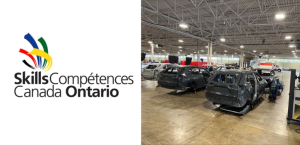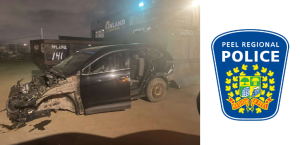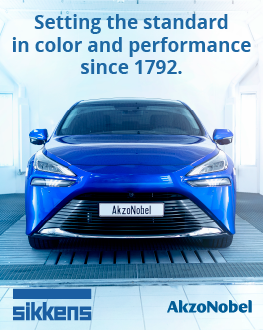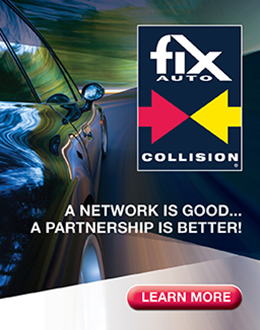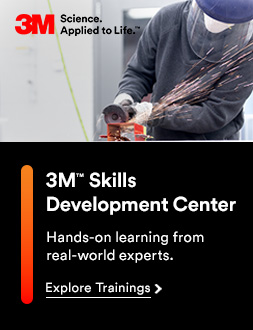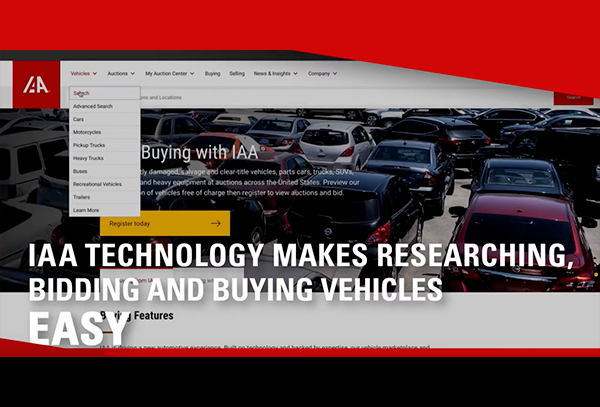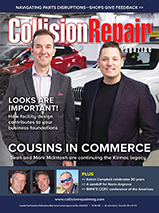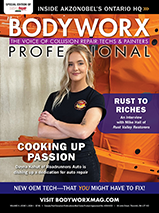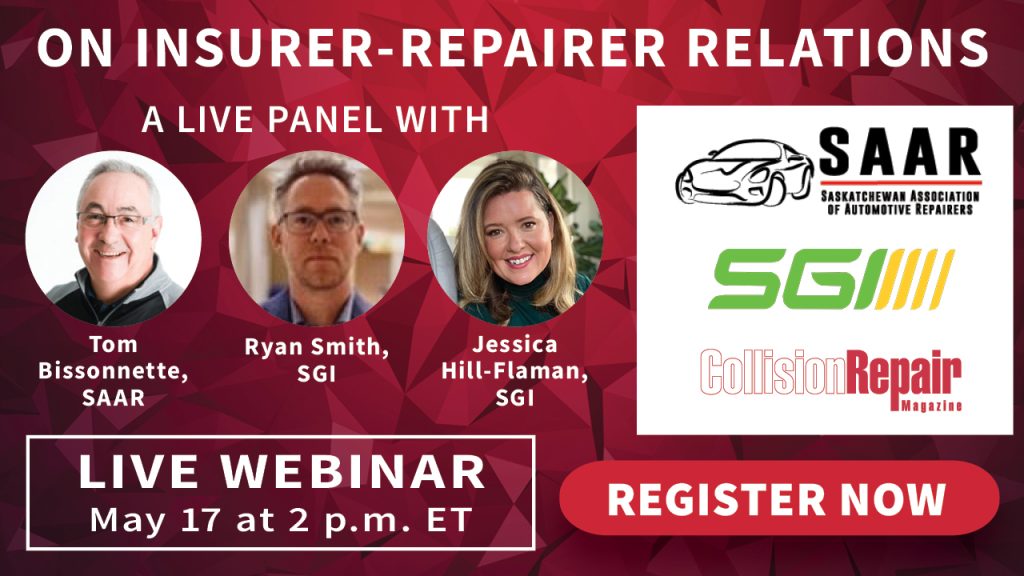Toronto, Ontario — In this weekly electric and autonomous vehicle report, Linamar announces its plans to supply the EV industry from a new Ontario giga-casting plant; and Tesla avoids legal action in a recent California jury vote.
Giga-casting with gusto
In an announcement made on Wednesday, Linamar declared its plans to develop a giga-casting plant in Welland, Ontario in 2025.
This plant will mark the first North American auto parts supplier-owned and operated giga-casting plant.
“There are 15 or 20 Chinese suppliers that are looking to put in this type of capacity in China. But from a European and North American standpoint, we’re the first one,” says Mark Stoddart, Linamar’s chief technology officer and executive vice-president of marketing and sales, in an interview with Electric Autonomy.
Stoddart says Linamar’s initial plans call for the installation of three 6,100-tonne giga-cast molding machines.
The plant’s production is earmarked for one specific customer, which at this point, Linamar is unable to name.
Linamar originally planned to install giga-casting capacity at its joint venture partner in North-Carolina, but earlier this year, this project was instead folded into the Welland plant in a new division called the Linamar Structures Group.
To further target other EV-related revenue, it has also created an e-axles group and recently acquired a battery enclosures business.
“When you add up those three key things, we’ve got a division now at Linamar doing almost one and a half billion dollars of either pure EV work or else it’s propulsion agnostic,” says Kevin Hallahan, Linamar’s vice-president of marketing and investor relations.
Swerving liability
On October 31, 2023, Tesla prevailed in a crucial autopilot death lawsuit with a jury deciding that the automaker’s software wasn’t at fault in a 2019 accident that killed a Model 3 owner and seriously injured two passengers.
Returning a verdict of nine to three in favour of Tesla not being at fault, jurors in the city of Riverside, California, decided if there were any defects in autopilot, as alleged, they weren’t the cause of Micah Lee’s death when his Model 3 veered off a highway in east Los Angeles.
According to a third amended complaint in the case against Tesla, Lee’s Model 3 veered sharply off the road at 65 MPH, crashing into a tree and bursting into flames. “Prior to impacting the palm tree, decedent Micah Lee attempted to, but could not, regain control,” the suit alleged.
“Had the vehicle’s Autopilot and/or Active Safety features operated properly, decedent Micah Lee’s death would have been avoided,” attorneys for the two surviving passengers claimed.
Tesla argued in the case that it wasn’t liable for the accident, as Lee had allegedly consumed alcohol before driving, and also claimed it wasn’t sure if Autopilot was even engaged let alone defective as described. The US National Highway Transportation Safety Administration logs extensive data on automated driver assist-related accidents, though no data is included from before 2021, so Lee’s crash isn’t included for easy reference.
Tesla’s win in this case is the second time the automaker has managed to avoid liability for an accident involving autopilot features. In April, Tesla won a jury trial brought by a driver hurt when their Tesla allegedly swerved onto a curb.



